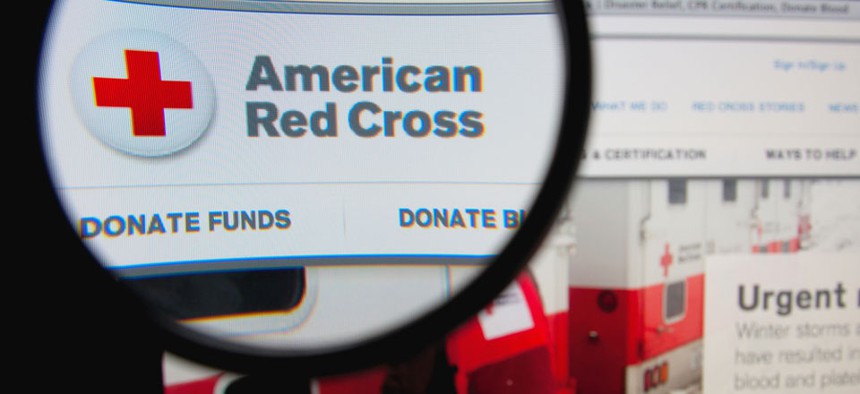The Case for a Cyber Red Cross

Gil C/Shutterstock.com
Some experts advocate for an impartial, nongovernmental organization that would respond to cyberattacks the same way the Red Cross responds to natural disasters and war conflicts.
After recent, high-profile cyber breaches affecting Sony, Target and other large organizations, some experts are proposing a "Cyber Red Cross" that would respond to virtual disasters the same way the group does to humanitarian crises.
The United States has had a Cyber Emergency Readiness Team, now housed within the Department of Homeland Security, for more than two decades; in March, the United Kingdom launched its own national CERT, combining resources and staff from other internal groups.
But these national groups must collaborate to address cyberthreats whose effects spill across international borders, William Harvey, lead for cybersecurity incident management at the U.K. Office of Cybersecurity & Information Assurance, said during a recent cybersecurity panel at the New America Foundation.
“Ideally, [communication would be] through their CERT community, as a nonpolitical engagement, a nondiplomatic engagement," he said. "It’s a purely technical engagement to reduce the harm of an incident."
New America fellow Tim Maurer, who moderated the panel, and Temple University law professor Duncan B. Hollis, a panelist, recently co-authored an article advocating for "A Red Cross for Cyberspace," published by Time.com.
"When we look at global cybersecurity, we have a lot of distrust, often based on national lines and [businesses]," Hollis said, noting that one solution might be a global federation of assistance organizations who cooperate independent of their governments. "I’m not saying the Red Cross [itself] should get into cyberspace ... it's rather that we can look to the Red Cross, and think about it in various ways, and think about whether there are lessons."
But it's not clear how the proposed group or federation would function. Tom Millar, chief of communications for U.S. CERT, suggested it starts simply as a set of norms that might dictate how separate CERTs might cooperate with each other when facing a large-scale cyberthreat.
Such rules, he said, might set a "base level of trust expectations between similar organizations in different countries." In the case of a Sony hack, for instance, looking at cyber response teams, "we should give [assistance] to them as common courtesy, not necessarily [waste time focusing on], 'Oh, what are the operational security implications?'"
And though some critics argue the proposed federation might take business from private sector cybersecurity businesses, "once you are unable to continue to pay those invoices or are unwilling to, that ends their engagement," Millar said.
Other critics point out an international or non-national federation would "distract us from our core competencies if we continue to get engaged in geopolitical, nontechnical types of engagements," Millar said. But that's unavoidable, he said.
"At this junction, CERTs need to be able to speak for themselves, or others will speak for them, and they may not like the results," Millar added.
Francois Stamm, who heads the U.S. Delegation for the International Committee of the Red Cross, noted on the panel that in the physical disasters the Red Cross often addresses, "there is a notion of emergency . . . which is maybe currently still lacking in the Internet world."
(Image via Gil C / Shutterstock.com)





